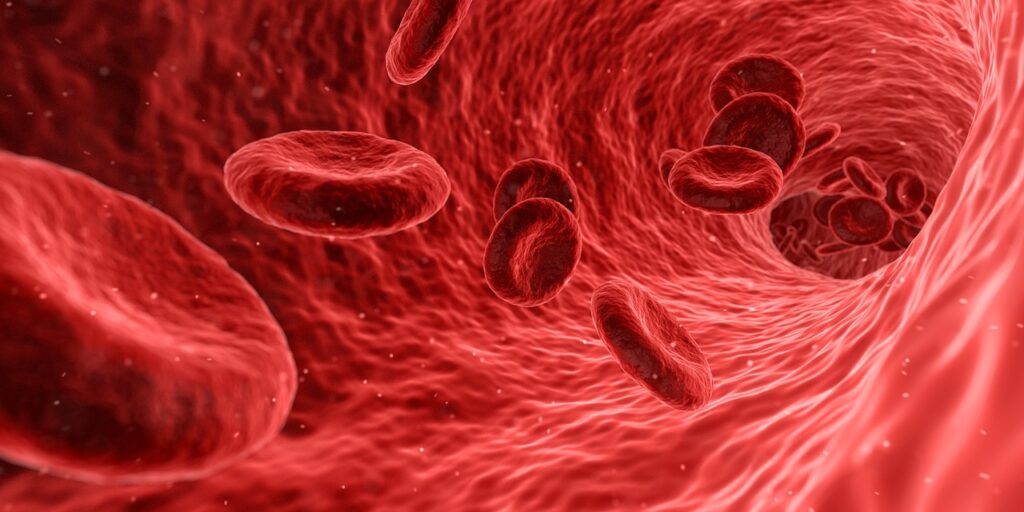TAKE CARE YOUR HEALTH

What is health ?
The word health refers to a state of complete mental and physical well-being. Health care exists to help people maintain this optimal state of health. According to the
Centers for Disease Control and Prevention (CDC), US health care costs were $ 3.5 trillion in 2017.
However, despite this spending, life expectancy for Americans is lower than for people in other developed countries. This is due to a variety of factors, including access to healthcare and lifestyle choices.
Health is central to managing stress and leading a longer and more active life. This article discusses the importance of health, the types of health a person needs to consider, and how to stay healthy. What is Health? In 1948, a trusted source of information from the World Health Organization (WHO) defined health with phrases that modern authorities still use.
“Health is a state of complete physical, mental and social well-being, not just the absence of illness and frailty.”
In 1986, WHO further clarified? Health is a positive concept that emphasizes social and personal resources as well as physical abilities.
This means that health is not an end in itself, but a resource that supports the functioning of individuals throughout society. A healthy lifestyle provides a means to lead a fulfilling life with meaning and purpose.
Researchers, published in The Lancet in 2009, defined health as the body’s ability to adapt to new threats and illnesses.
They make this definition based on the idea that modern science has made great strides in recognizing diseases over the last few decades, understanding how they work, and delaying or stopping them. It is possible to discover new methods and recognize that the lack of pathology may not apply.
Type
Mental and physical health is arguably the two most discussed types of health.
Mental, emotional and financial health also contributes to overall health. Medical professionals have linked these to lower stress levels and improved mental and physical health. For example,
People in good financial health have less financial worries and can buy fresh food more regularly. People with good mental health may feel the calmness and purpose of promoting mental health. Physical health
In a healthy person, physical functions and processes may be functioning at peak times This is not just due to the
absence of illness. Regular exercise, a balanced diet, and good rest contribute
to good health. People get treatment when they need it to maintain balance.
Physical health involves pursuing
a healthy lifestyle to reduce the risk of illness. For example, maintaining
physical fitness can protect and develop a person’s breathing and heart
endurance, strength, flexibility, and body composition.
Taking care of physical health and
well-being also means reducing the risk of injuries and health problems such
as:


SPORT
Minimize workplace hazards
- Prevent during sex
- Practice effective hygiene
- Refrain from using tobacco, alcohol and illegal drugs
- Take vaccines recommended for certain conditions or countries while traveling
- Good physical health, along with mental health, helps improve a person’s overall quality of life.
For example, according to a 2008
study, mental illnesses such as depression may increase the risk of substance
use disorders. This can have a negative impact on your physical health.
Mental health
According to the US Department of
Health and Human Services, mental health refers to a person’s emotional,
social, and psychological well-being. Mental health is as important as physical
health as part of a complete and active lifestyle.
Many psychological diagnoses rely
on perceptions of a person’s experience, making it more difficult to define
mental health than physical health.
However, improved testing has
enabled doctors to detect physical signs of certain mental illnesses, such as
CT scans and genetic testing.
Good mental health is not just
categorized by the absence of depression, anxiety, or other disabilities. It
also depends on a person’s abilities:
To enjoy life
Recover from difficult experiences
and adapt to adversity
Coordinate various elements of
life such as family and economy
Safe and secure
Maximize their potential
YOGA
There is a strong connection to physical and mental health. For example, if a chronic illness affects a person’s ability to do normal work, it can lead to depression and stress. These feelings can result from financial or mobility issues.
Mental illnesses such as depression and loss of appetite can affect weight and general functioning.
It is important to look at “health” as a whole, not as a set of individual factors. All types of health are interrelated and people need to pursue general well-being and balance as the key to good health.
Learn how mental health affects your physical health.
- Factors for health
- Health depends on many factors.
- Genetic factors
People are born with many genes. In some people, abnormal genetic patterns or changes can lead to suboptimal health. People can inherit genes from their parents that increase the risk of certain health conditions. Environmental factors
Environmental factors affect health. Sometimes the environment alone is enough to affect your health. In other cases, environmental triggers can cause illness in people who are at high genetic risk for certain illnesses.
Access to health care is important, but WHO suggests that the following factors can have more significant health implications:
Environmental conditions
- Genetics
- Their income
- Their education level
- Employment status
These can be categorized as follows:
Social and Economic Environment: This may include the financial situation, socio-cultural and quality of relationships of the family or community. Physical environment: This includes the level of bacteria and contamination present in an area. Human characteristics and behavior: A person’s genetic makeup and lifestyle choices can affect overall health. The higher the socio-economic status (SES), the more likely you are to enjoy good health, be educated, get a well-paid job, and get adequate medical care in the event of illness or injury.
They also argue that people with low socioeconomic status are more likely to experience stress related to daily life, such as Examples: financial difficulties, adultery, and unemployment.

E-BUSINESS
Social factors such as marginalization and discrimination can also affect the risk of health problems in people with low SES. A low
SES often means limited access to health care. A 2018 study at the Pharmacology Frontier showed that people in developed countries with universal insurance live longer than people in developed countries without universal insurance.
Cultural issues can affect your health. Social traditions and customs, and family reactions to them, can have positive or negative health consequences. According to the
Seven Countries Study, researchers examined people in selected countries in Europe and found that those who ate healthy had a low 20-year mortality rate.
This study showed that people who eat a healthy diet are more likely to consume more fruits, vegetables, and olives than those who regularly consume fast food.
The study also found that people who adhered to the Mediterranean diet had a low 10-year all-cause mortality rate. According to the International Journal of Environmental Research and Public Health Trusted Source, this diet protects the human heart and reduces the risk of several illnesses, including type 2 diabetes, cancer, and diseases that damage the brain and nerves. It will help. How
People deal with stress affects their health. According to the National Center of Neurology and Psychiatry, people who smoke, drink alcohol, or take illegal medications to manage stressful situations are stressed through healthy eating, relaxation techniques, and exercise. You are more likely to develop health problems than the person who manages it. Keep fit
The best way to stay healthy is to stay healthy through a healthy lifestyle, rather than waiting for the illness or illness to address a health problem. People use the name wellness to describe this state of continuous well-being.

FASHION
“Wellness is the optimal state of health for individuals and groups. Physically, psychologically, socially, mentally and economically, maximizing the potential of individuals and their families, communities and places of worship. , There are two major concerns about the fulfillment of individual roles and expectations in other environments.”
Wellness promotes active awareness and participation in health maintenance measures in individuals and communities. Maintaining good health and optimal health is a lifelong day-to-day effort.
Steps that can help people achieve health include:
Consume a balanced and nutritious diet from as many natural sources as possible
According to the American Heart Association, at least 150 minutes each week, according to reliable sources of moderate to high intensity exercise
Screening for potentially risky illnesses
Learn to manage stress effectively
Engage in activities that serve your purpose
Connect and take care of others
Maintain a positive outlook on life
Define a value system and put it into practice
The definition of peak health is very personal, as are the steps one can take to get there. Everyone has different health goals and different ways to achieve them.
It may not be possible to completely avoid the disease. However, one needs to do everything possible to develop resilience, prepare the body, and mind to deal with the illness as soon as it occurs.

FAQ
© 2022 All Rights Reserved.